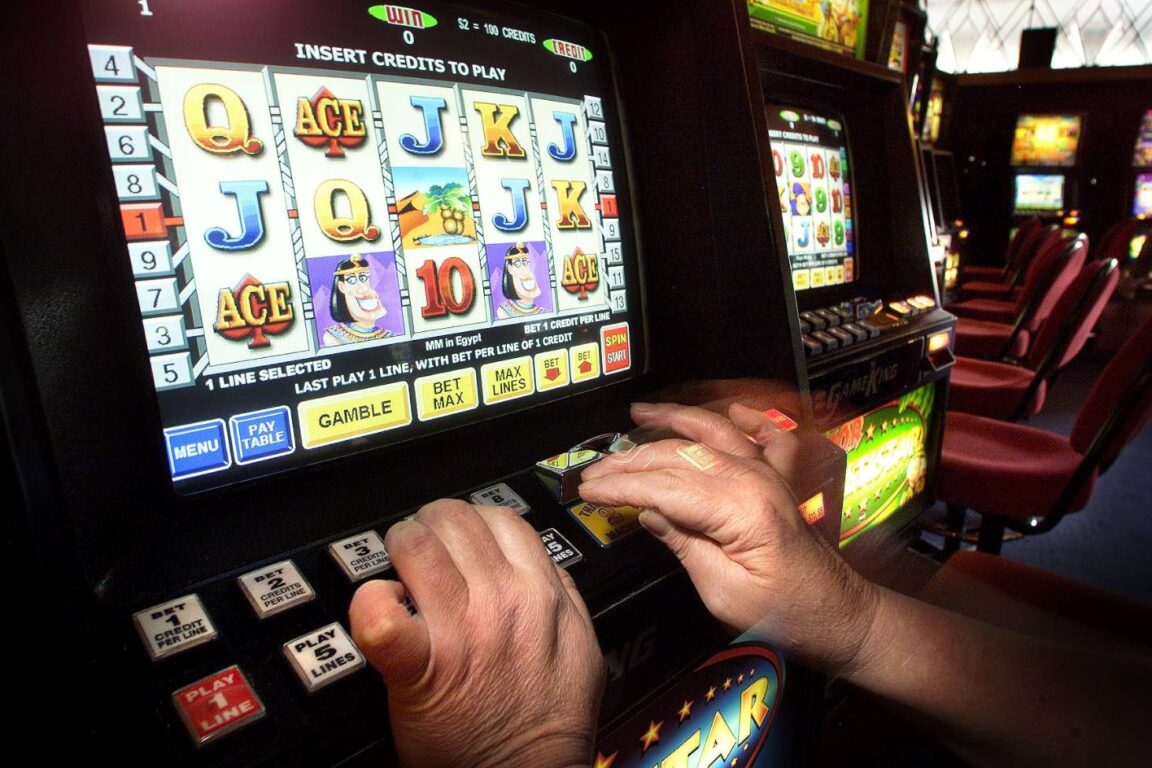Gambling has long captivated the human imagination, offering thrills, risks, and the tantalizing possibility of winning big. From the spinning reels of slot machines to the strategic decisions in card games like poker and blackjack, the world of gambling encompasses a diverse range of activities that blend chance, skill, and psychology. This article delves into various forms of gambling, including slot machines, roulette, card games, and the burgeoning realm of online casinos, while examining the underlying mechanics that drive player engagement and the risks involved.
The Mechanics of Gambling
At its core, gambling is a game of chance, where players wager money on uncertain outcomes. The most popular forms of gambling include slot machines, roulette, and card games such as blackjack and poker. Each game has its own set of rules and strategies, but they all share a common element: the potential for both winnings and losses.
Slot Machines
Slot machines, or “pokies” as they are known in some regions, are perhaps the most iconic representation of gambling. They operate on a random number generator (RNG) system, ensuring that each spin is independent and unpredictable. Players insert coins or credits, pull a lever or press a button, and watch as the reels spin. The objective is to align symbols on a payline to achieve a win. The allure of slot machines lies in their simplicity and the potential for large jackpots, often enhanced by progressive jackpots that grow with each bet placed.
Roulette
Roulette is a classic casino game that combines chance with a touch of strategy. Players place bets on a spinning wheel divided into numbered pockets, each corresponding to either red or black. The game offers various betting options, including inside bets (specific numbers) and outside bets (colors, odd/even). The anticipation builds as the ball bounces around the wheel, and players watch eagerly to see where it lands. The house edge in roulette varies depending on the version played, with European roulette typically offering better odds than its American counterpart.
Card Games: Blackjack and Poker
Card games bring a different dynamic to gambling, as they often involve skill and strategy alongside luck. Blackjack, also known as 21, requires players to beat the dealer by achieving a hand value closer to 21 without exceeding it. The game’s simplicity and low house edge make it a favorite among casino-goers.
Poker, on the other hand, is a game of skill, psychology, and strategy. Various forms of poker exist, including Texas Hold’em and Omaha, each with unique rules and gameplay. Players compete against each other rather than the house, making it a social and competitive experience. The ability to read opponents and bluff effectively can lead to substantial winnings, making poker a favorite in both casinos and online platforms.
The Rise of Online Casinos
The advent of the internet has transformed the gambling landscape, giving rise to online casinos that offer a virtual alternative to traditional establishments. Players can access a wide range of games, including slots, roulette, and card games, from the comfort of their homes. Online casinos often provide enticing bonuses, such as free casino chips and deposit matches, to attract new players. The convenience of online gambling has led to increased participation, but it also raises concerns about responsible gambling and money risk.
Casino Bonuses and VIP Areas
To enhance the player experience, many online casinos offer bonuses that can significantly boost a player’s bankroll. These bonuses come in various forms, including welcome bonuses, loyalty rewards, and free spins on slot machines. Additionally, VIP areas in casinos provide exclusive benefits to high-rollers, such as personalized service, higher betting limits, and access to special events. These incentives encourage players to engage more deeply with the casino, but they also come with the responsibility of managing one’s gambling behavior.
The Psychology of Gambling
Understanding the psychology behind gambling is crucial for both players and operators. The thrill of betting and the anticipation of winning can create a powerful emotional response. However, the risk of developing gambling-related problems is a significant concern. Many players may find themselves caught in a cycle of chasing losses, leading to financial difficulties and emotional distress.
Setting betting limits and practicing responsible gambling are essential strategies to mitigate these risks. Players should be aware of their money risk tolerance and make informed decisions about their gambling activities. Casinos also play a role in promoting responsible gambling by providing resources and support for those in need.
Conclusion
Gambling is a multifaceted activity that encompasses a wide array of games, each with its unique mechanics and appeal. From the spinning reels of slot machines to the strategic play of poker, the world of gambling offers excitement and potential rewards. However, it is essential for players to approach gambling with caution, understanding the risks involved and practicing responsible behavior. As the landscape continues to evolve, particularly with the rise of online casinos, the importance of education and awareness in gambling cannot be overstated. By fostering a healthy relationship with gambling, players can enjoy the thrill while minimizing the risks.
